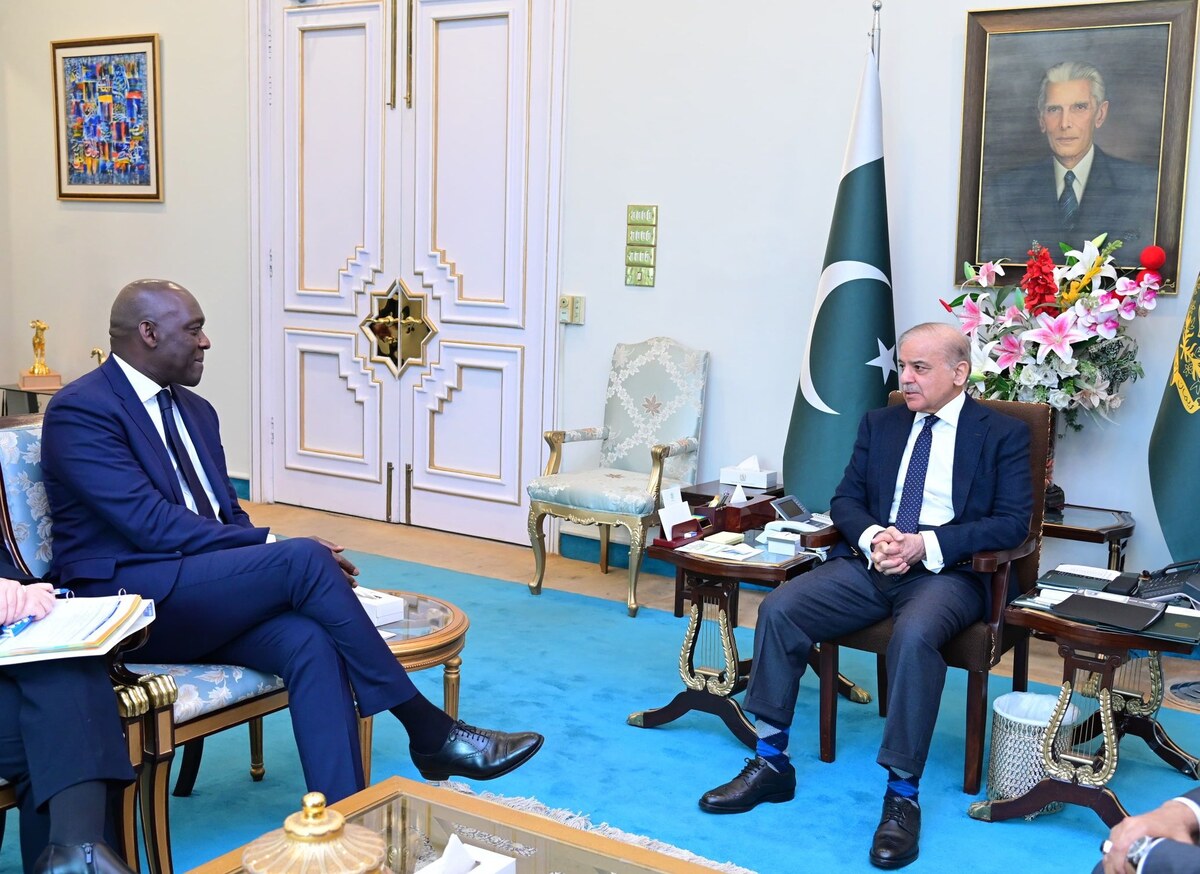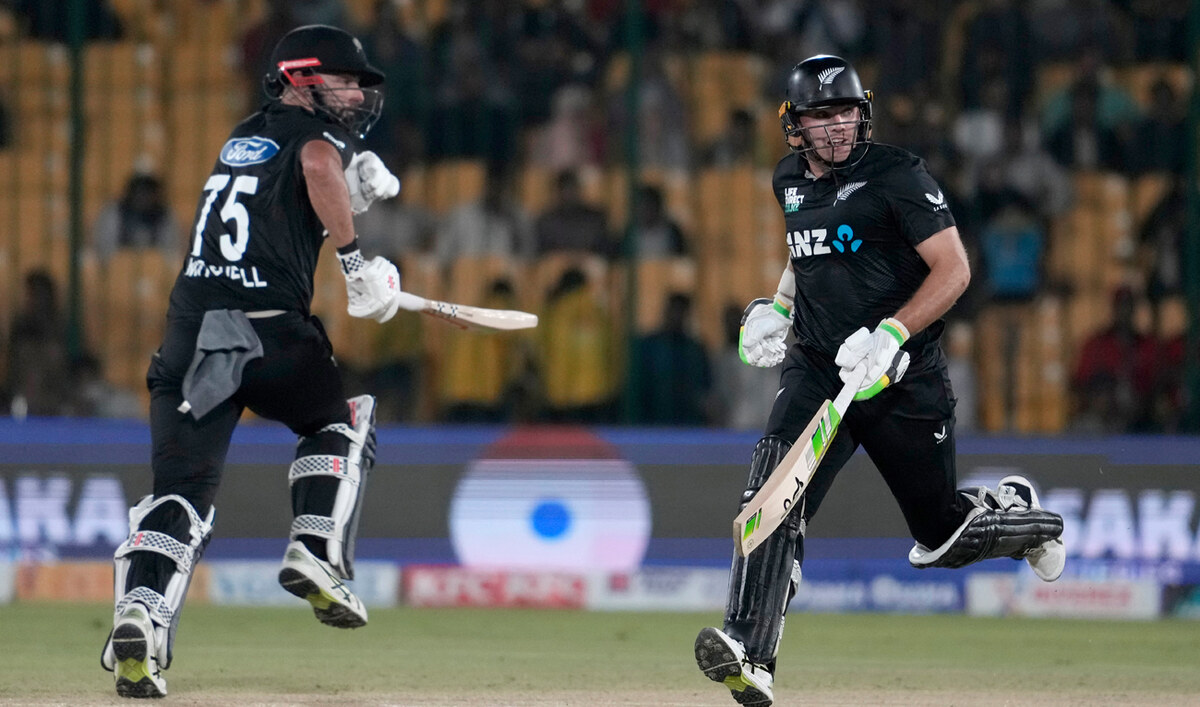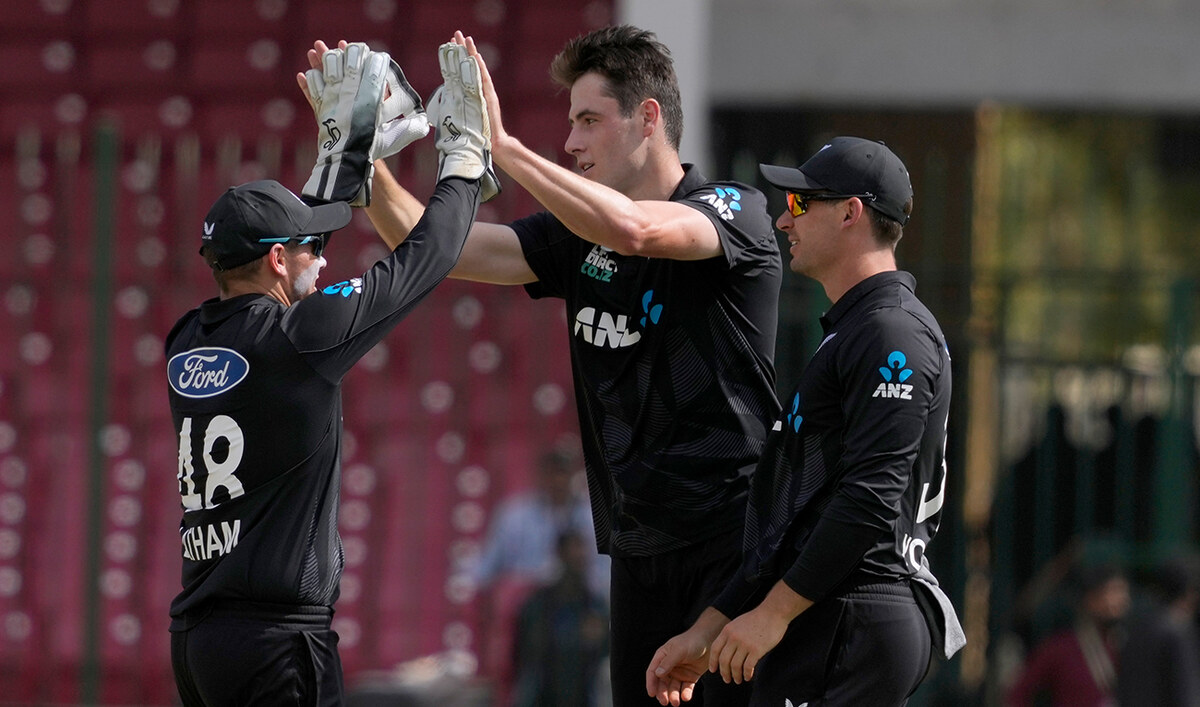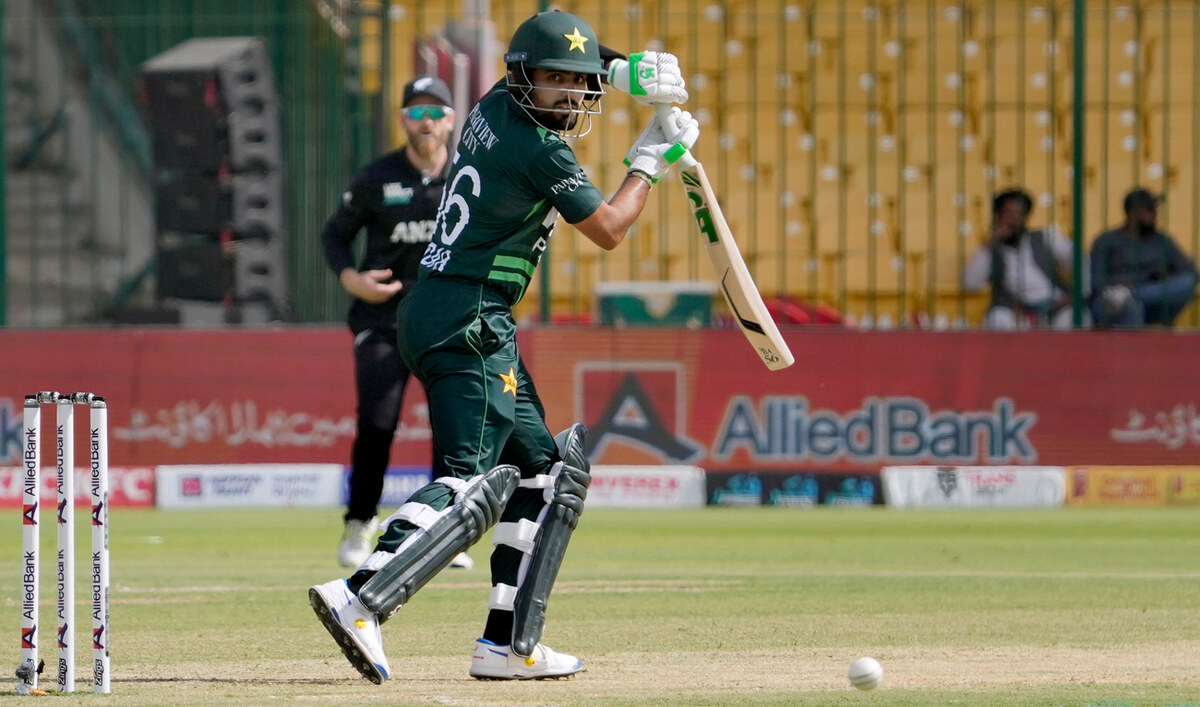ISLAMABAD: Prime Minister Shehbaz Sharif on Friday invited American banks to invest in Pakistan’s infrastructure, energy, technology and agriculture sectors as the South Asian country seeks sustainable forms of external financing like direct investment.
On Friday, the IMF said Pakistan had received “significant financing assurances” from China, Saudi Arabia and the United Arab Emirates linked to a new International Monetary Fund program that go beyond a deal to roll over $12 billion in bilateral loans owed to them by Islamabad.
The IMF’s Executive Board on Wednesday approved the new $7 billion, 37-month loan agreement for Pakistan that will require “sound policies and reforms” to strengthen macroeconomic stability and address structural challenges alongside “continued strong financial support from Pakistan’s development and bilateral partners.”
The approval releases an immediate $1 billion disbursement to Islamabad.
On Friday, Sharif met a delegation of officials from top American banks in New York, including JP Morgan, Natixis Corporate & Investment Bank, Sumitomo Mitsui Banking Corporation, Goldman Sachs, Citizens Bank, Lazard and Audax Private Equity Partnering.
“The Prime Minister assured the delegation of the government’s commitment to maintaining a stable macroeconomic environment to facilitate foreign investors,” state broadcaster Radio Pakistan said in a report after the meeting.
“The Prime Minister informed the delegation about the key initiatives taken by the Government to stabilize the economy and attract foreign investment to Pakistan, including broadening the tax base, enhancing the ease of doing business, and ongoing reforms in the state-owned enterprises.”
These steps had resulted in improved economic indicators and the up-gradation of Pakistan’s credit rating by international rating agencies, including, Fitch and Moodys.
“He also briefed the delegation on the establishment of a Sustainable Finance Framework, which will allow the government to carry out a green and sustainability bond issuance in the international capital markets,” Radio Pakistan reported.
Islamabad had been working on implementing the IMF’s conditions, which Sharif had previously called “strict” to secure the 37-month loan program agreed in July.
One condition was to secure additional external financing, which the country was struggling to do.
The IMF said in a statement on Wednesday that Pakistan had taken key steps to restore economic stability with consistent policy implementation under the 2023-24 standby arrangement.
It added that growth had rebounded to 2.4 percent and inflation has receded significantly, falling to single digits, amid appropriately tight fiscal and monetary policies.
A contained current account and calm foreign exchange market conditions have allowed the rebuilding of reserve buffers, and the central bank of Pakistan has been able to cut the policy rate by a total of 450 bps since June, the statement said.
Despite this progress, it said, Pakistan’s vulnerabilities and structural challenges remain formidable, adding that the tax base remains too narrow.
“Without a concerted adjustment and reform effort, Pakistan risks falling further behind its peers,” it warned.
With inputs from Reuters
Pakistan invites investment from American banks as it seeks sustainable external financing
https://arab.news/wuz29
Pakistan invites investment from American banks as it seeks sustainable external financing

- On Friday, Sharif met officials of top American banks including JP Morgan, Natixis Corporate & Investment Bank, Goldman Sachs
- IMF bailout loan is contingent on “continued strong financial support from Pakistan’s development and bilateral partners”























